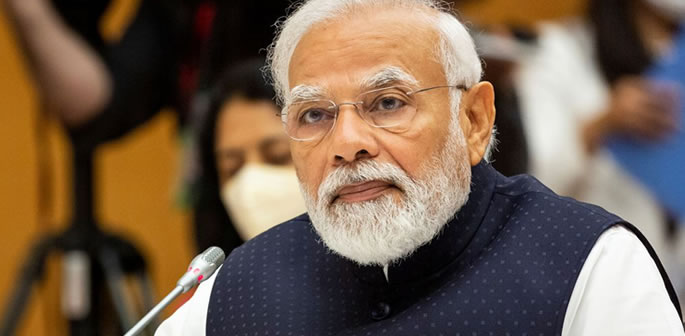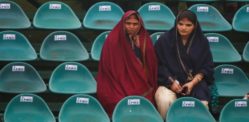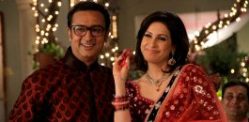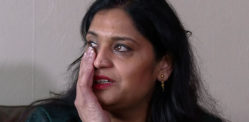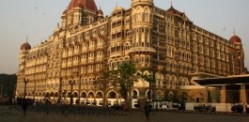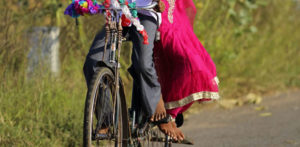"Not with our leader. Not with India. Never on our watch."
The BBC documentary about Indian Prime Minister Narendra Modi has been slammed for allegedly portraying factual errors.
Amid the controversy, a group of 302 former judges and ex-bureaucrats have lashed out at the BBC.
They have called it a “motivated charge sheet against our leader, a fellow Indian and a patriot” and a reflection of its “dye-in-the-wool negativity and unrelenting prejudice”.
The group has accused the documentary of being the archetype of British imperialism in India, setting itself up as both judge and jury to rekindle the Hindu-Muslim tensions that were the creation of the British Raj policy of ‘Divide and Rule’.
India: The Modi Question is a two-part BBC documentary.
The documentary claimed it investigated certain aspects of the 2002 Gujarat riots when Modi was the state’s Chief Minister.
India has now used emergency powers to block the documentary from being seen in the country.
A statement was signed by 13 former judges, 133 ex-bureaucrats and 156 veterans which claims the documentary is not neutral.
The statement read: “Not only is the BBC series, judging from what we have seen of it so far, based on delusional and evidently lopsided reporting but it presumes to question the very basis of the 75-year-old edifice of India’s existence as an independent, democratic nation, a nation which functions according to the will of the people of India.”
Among the signatories are the former Chief Justice of Rajasthan High Court Anil Deo Singh, former Foreign Secretary Shashank and former Home Secretary LC Goyal.
The statement said: “BBC’s India: The Modi Question: Delusions of British Imperial Resurrection?
“Not this time. Not with our leader. Not with India. Never on our watch.
“Regardless of whom you, as an individual Indian, might have voted for, the Prime Minister of India is the Prime Minister of this country, our country.
“We cannot allow just about anyone to run amok with their deliberate bias, their vacuous reasoning…”
In a letter to BBC director-general Tim Davie, Lord Rami Ranger criticised the documentary.
Stating that he is “appalled by the documentary”, Lord Ranger said the producer has “shown a lack of vision, common sense and judgement by producing such an insensitive one-sided documentary”.
He added that the documentary’s timing is “sinister”.
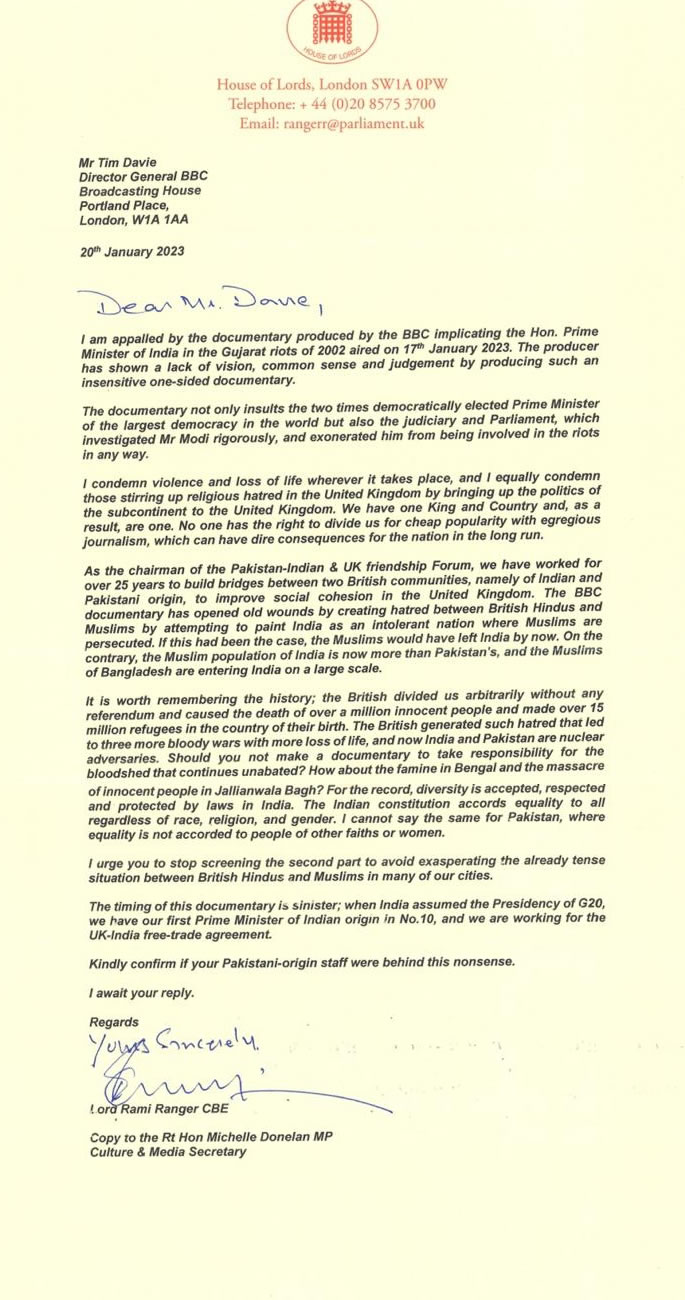
According to the statement, the documentary has sidelined the core fact that the Supreme Court of India has ruled out any role of Narendra Modi in the riots that happened in Gujarat in 2002.
It has denied accusations of complicity and inaction by the then-state government led by Prime Minister Modi.
Years after the investigation, the top court upheld the closure report filed by the Special Investigations Team it appointed.
The statement also said that BBC should begin by questioning its own bias rather than PM Modi.
“Inclusion is inherent in India. Instead of making a documentary titled, India: The Modi Question, the BBC should begin by questioning their own bias against Prime Minister Modi and make a documentary called, BBC: The Ethical Question.




















































